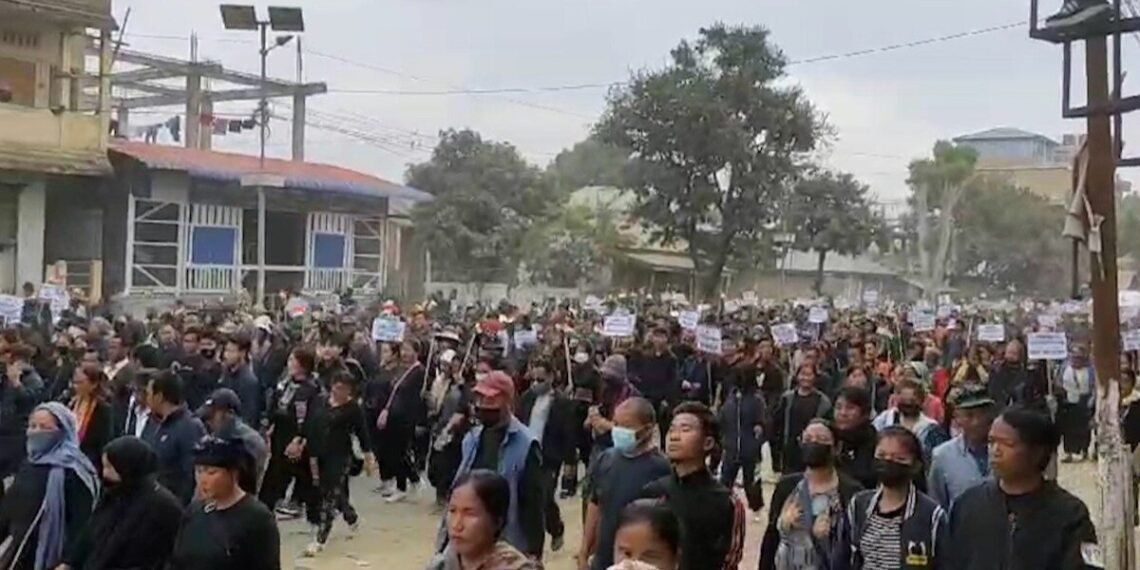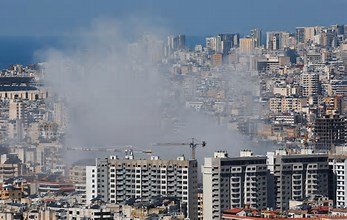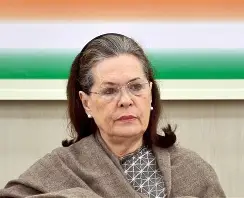The report also raises alarms on media harassment in India, while the government rejects the findings as biased.
BY PC Bureau
New Delhi, August 14 — The latest U.S. State Department Country Report on Human Rights Practices has spotlighted ongoing ethnic and insurgent violence in India, with particular focus on the prolonged unrest in Manipur and record casualty levels in anti-Maoist operations in Chhattisgarh.
The report notes that the ethnic conflict between the majority Meitei and minority Kuki communities in Manipur, which erupted in May 2023, persisted into 2024 despite a decline in intensity after June 2023. From September 1–10, at least 10 people were killed in inter-ethnic clashes. On September 10, authorities imposed an indefinite curfew in parts of the state following student protests over the government’s inability to resolve the crisis.
Since the outbreak, the violence has claimed over 220 lives and displaced nearly 67,000 people. As of September, 198 companies of Central Armed Police Forces and 140 army columns were deployed in the state.
READ: Big Blow to EC: SC Orders It to Publish 65 lakh Deleted Bihar Voters’ Names, Reasons
The report recalls that in 2023, the Supreme Court had criticised the Manipur government’s handling of the violence, appointing a panel of retired judges to oversee humanitarian aid, reconstruction of homes, and restoration of places of worship. The court reaffirmed this mandate in August 2024 and, in December, directed the panel to file a report on rehabilitation measures undertaken so far.
https://t.co/tsCG4M2Hxs
The US Department of State report on human rights in India was released this week. It begins thus: “The outbreak of ethnic conflict between the Kuki and Meitei ethnic groups during the year in India’s northeastern state of Manipur resulted in significant…— Naomi Canton (@naomi2009) August 14, 2025
“In 2023, the Supreme Court criticized the failure of the Manipur state government to halt the violence and appointed a panel of retired judges to ensure the delivery of humanitarian assistance and the re-building of homes and places of worship. The Supreme Court re-affirmed the mandate of this panel in August. In December, the Supreme Court directed the panel to submit a report regarding rehabilitation and humanitarian efforts undertaken so far,” the report said.
In Chhattisgarh, the report highlights a major security operation on October 4, during which 31 Naxalite insurgents were killed — the highest daily insurgent death toll in the state’s history. By October 7, a total of 185 Maoist fighters, 15 security personnel, and 47 civilians had been killed in the year’s violence.
READ: Rahul Gandhi: BJP Erasing Tribal Land Records to ‘Steal Rights
Tribal rights activists alleged that in some instances, civilians killed by security forces were later labelled as insurgents.
Media and Minority Harassment
Beyond the ethnic clashes, the report highlights broader human rights concerns across India, citing harassment of media outlets and repression of dissenting voices. Notably, it mentions a raid on the BBC’s offices by tax authorities—sparked, critics argue, by coverage critical of Prime Minister Narendra Modi.
Individuals exercised freedom of expression by routinely criticizing the government publicly and privately via online platforms, television, radio, or print media, but there were numerous instances in which the government or actors considered close to the government allegedly pressured or harassed media outlets critical of the government,” the report said.
It went on to add, “ Media organizations and individual journalists who expressed views critical of the government were at times subjected to arrest, threats, or intimidation. There were also reports of nonstate actors including criminal groups perpetrating killings, violence, and intimidation against journalists critical of the government or for exposing corruption.”
India’s Strong Rejection
Responding to the report, the Indian government dismissed it as “deeply biased” and reflective of a poor understanding of India’s context. The Ministry of External Affairs spokesperson urged global audiences to attach no value to it.














